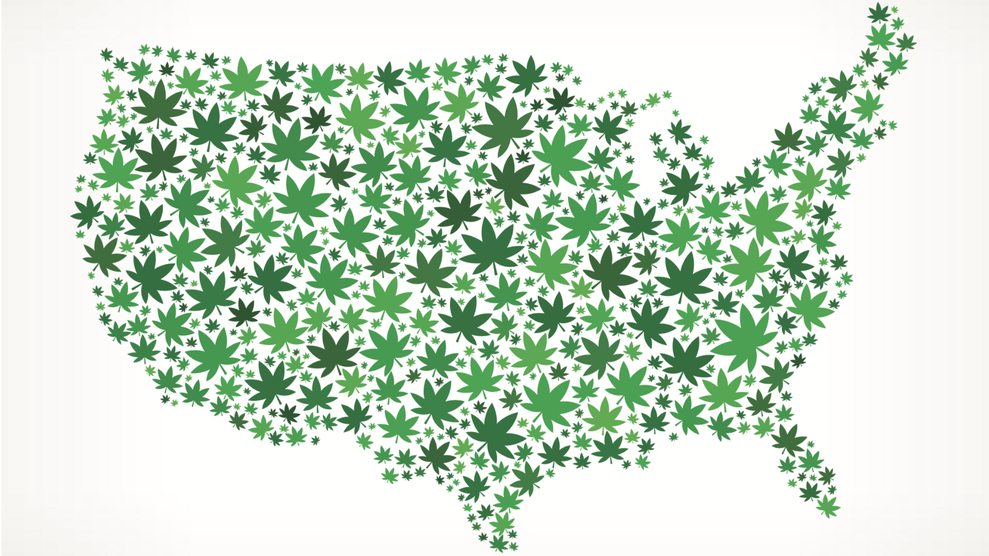War on Drugs
April 2, 2019
In October 2018, Canada legalized recreational marijuana, making it the first major country to do so. For the United States, Canada serves as a reminder of the war on drugs that still runs rampant to this day and the negative effect it has had on this country. While the legalization of recreational marijuana still remains in its infancy in Canada, its development and progression in the country will undoubtedly serve as an example for the United States in years to come. It is imperative to have a full understanding of the war on drugs, specifically marijuana, and why stigmatizing the use of marijuana is objectively bad for all parties involved.
Since the Nixon era, the war on drugs has been a massive and utter failure. It has caused mass incarceration, corruption, and most shockingly, more drugs. The rationale that fighting drugs by making them illegal is fundamentally flawed, as it assumes that violent drug cartels simply stop selling drugs because it is illegal. Since the drug cartels simply continue to sell drugs and use violence at will, the authorities must respond with more violence. This produces a ceaseless cycle of violence that is at the mercy of the drug cartels. The Prohibition era in the 1920s serves as the prime example of this notion. The Prohibition never stopped the sale of alcohol, but rather, it saw increased sale of illegal alcohol that brought violence and gangs along with it.
If we look specifically at Marijuana, we can understand the issue better. Marijuana is known to be far less dangerous than alcohol, as one cannot overdose on marijuana, and being under the influence of alcohol impairs one’s senses far more than someone under the influence of marijuana. The lunacy continues, as marijuana is included in the list of Schedule 1 drugs which are considered illegal and have no medical use. However, a drug like fentanyl, which is infamous for killing thousands of people who overdose, is a Schedule 2 drug. This underlines a clear flaw and discrepancy in the system.
Marijuana has also been known for its medicinal purposes for people with chronic pain, Alzheimer’s, multiple sclerosis, etc. It has already been legalized in 33 U.S. states and has helped thousands of Americans, but there still lies an inexplicable reluctance to legalize or at least, relist it as a Schedule 2 drug.
Marijuana, specifically, has been stigmatized, and its illegality has caused tremendous damage on the country. All is not lost, however. With Canada already making strides forward with the legality of marijuana, its potential success could allow the United States to do the same.
